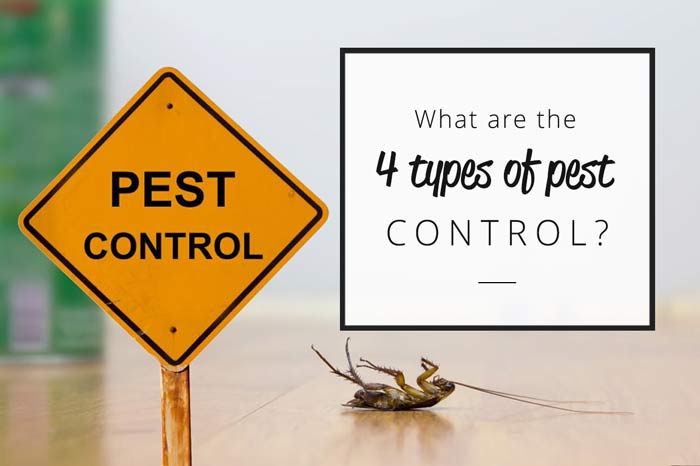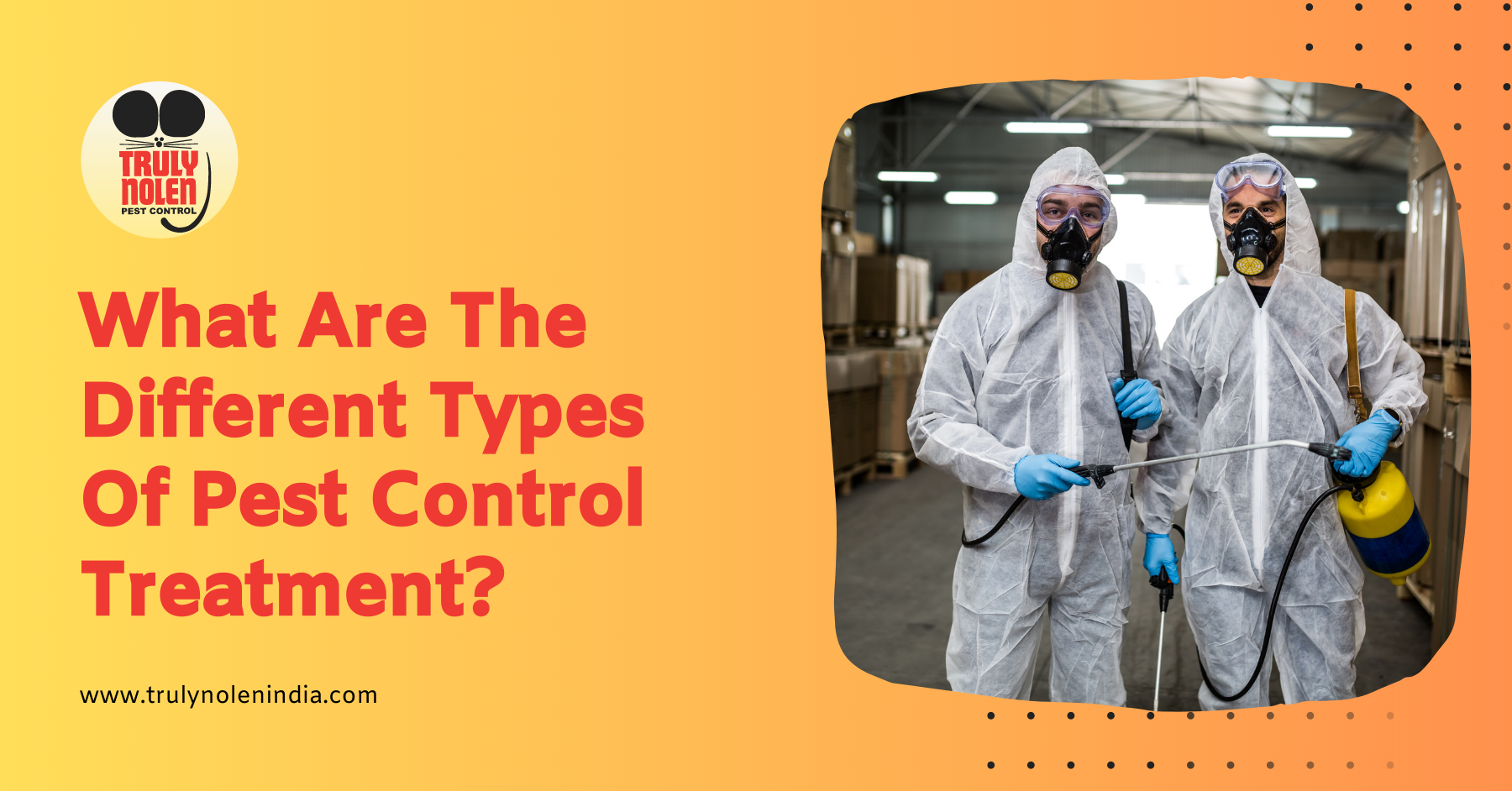The Only Guide for Pest Control
The Only Guide for Pest Control
Blog Article
9 Easy Facts About Pest Control Shown
Table of ContentsRumored Buzz on Pest ControlUnknown Facts About Pest ControlOur Pest Control IdeasThe Only Guide for Pest ControlNot known Facts About Pest Control
Limitations of Chemical Management Be able to examine parasite issues, determine if management is essential, and make ideal referrals utilizing IPM techniques. Be familiar with different techniques of pest administration - their benefits and restrictions.This chapter goes over (IPM), a technique that makes use of understanding regarding pests and their, techniques, nonchemical techniques, and chemicals to manage bug problems. Added details regarding IPM for specific plants is included in phases that focus on those plants. Nonchemical insect control measures are emphasized in chapter 17, "Organic Gardening." Managing birds and creatures is covered in chapter 20, "Wildlife." Handling in the backyard and garden is covered in phase 6, "Weeds." Pests in a yard or landscape might include pests and mites, weeds,, animals, and birds.
Lots of people hurry to pull, hoe, or spray every weed they see. Bugs and weeds, nonetheless, contribute in the. After planting a yard or establishing a yard, the all-natural process of plant sequence starts to reestablish and nonnative plants. A weed growing in a grass represents the initial stage in a series of occasions that, if permitted to proceed, can at some point cause a woodland.
What we call "bugs" are part of a natural system at the office. An environment has no insects. Just human beings take into consideration certain varieties parasites when they take place where they are not desired. We will certainly be more successful in taking care of undesirable varieties when we realize that these microorganisms follow foreseeable patterns that we can utilize to our advantage.
Fascination About Pest Control
Pests prone to a chemical were swiftly eliminated, leaving resistant ones to reproduce and multiply. It became clear that chemicals alone would not address all bug issues.
An IPM strategy allows some level of bugs in the setting. Bugs are a lot less likely to survive a program that utilizes numerous different approaches of lowering their populaces. Integrated pest monitoring was initial suggested by entomologists due to the fact that insects were the very first group of parasites to confirm difficult to manage with chemicals alone.
A threshold is the point at which action should be taken. IPM has actually expanded past pests to monitoring of all pest populations: weeds, disease microorganisms, and mammals.
All about Pest Control
Administration rather than eradication of insects is the goal. An IPM plan begins with a cautious analysis of each pest infestation.
Clover expanding in a grass might be considered as an unwanted weed, but as a vegetable it is manufacturing nitrogen for the navigate to this site dirt and the blossoms are supplying nectar to honey and various other. Resistance for some weeds may be part of an IPM strategy. might be eating the fallen leaves of a plant, yet when they are recognized as the larvae of Eastern tiger swallowtail butterflies, their damage may be tolerated so we can take pleasure in the lovely butterfly.

The 2nd most important device in bug administration is very early intervention. Responding to issues quickly, before they have time to multiply, needs a less remarkable intervention.
About Pest Control
Several risk-free, useful, nonchemical approaches of plant security and insect administration might decrease or eliminate the need to spray. Other methods are most helpful when used with chemicals. To execute administration techniques appropriately and to decrease losses, gardeners should recognize the kinds of pests that assault plants and comprehend pest biology.

Performing a soil examination and using only the advised quantity of plant food and lime maximizes the benefit to the plant while reducing problems connected to excessive use plant food - Pest Control. Covering the soil with numerous inches of compost secures the plant in several ways: decreasing soil water loss to dissipation, reducing weed competition, offering nutrients, and developing a suitable environment for earthworms and microbes that maintain the dirt loose for roots and break down natural material to launch nutrients
If mulch touches the trunk, it can create a method for voles, germs, and fungis to strike the plant. Do not make use of manure or garden compost that has not extensively disintegrated as a leading clothing due websites to the fact that it can motivate unfavorable bugs. Research recommends that tilling the dirt is harmful to soil structure.
How Pest Control can Save You Time, Stress, and Money.
If tilling is considered necessary, think about doing it in the fall when the life cycles of lots of bugs brings them near the surface area. At the surface, parasites become exposed to the weather in addition to birds and various other natural enemies. Autumn tilling can also ruin bugs in plant residues. Use disease-free and insect-free certified seeds and plants if available.
Report this page